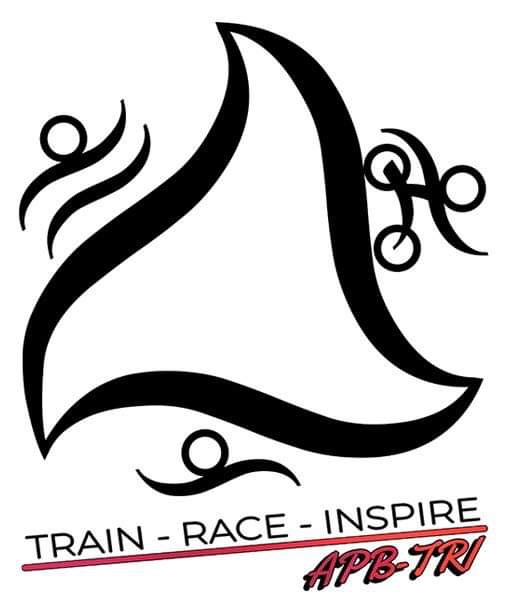Training for an endurance sports race takes months of hard work. While some people will hire a coach/ personal trainer, majority will stick with a pre-made plan found online (or in a book). Unfortunately, whether it’s you getting sick, your kid’s school play or a work trip (or one of many other curve balls life throws at you), life will force you to miss some workouts. Hopefully it’s something like a recovery run and not a key session, but it may be even a week or longer. Now what?
If you have a coach
First of all, if you have a high potential for life throwing you curve balls, such as frequent and hard to predict business trips or had multiple past injuries, investing in a coach would be a good idea. There is a good chance you will need help navigating life and adjusting your training plan. Trying to do it on your own, without much knowledge on the subject, you risk not reaching your goal or worse: injuring yourself.
If you are working with a coach, ask them. They know what’s going on in your training and what you are working towards. A coach will be able to determine the best course of action. After all, that’s what you pay him/ her to do, right? Your coach spent many years learning how to prepare a good training plan and has tailored it to your needs.They also understand what your body is working on and can warn you that certain workouts are keys or that doing that long run a day early won’t allow your body to recover properly after some specific session or built-up.
Allow yourself extra training weeks
If you are following a written training plan, I think this is the best course of action, especially if you are a beginner. One of my coworkers was planning her first marathon and she told me she was going to start in two weeks, giving her the exact amount of time needed before her race day. I immediately told her she is setting herself up for a failure because she is going to miss a few workouts between her start date and race day – I knew already that she was planning a move a few states away during her race training. I strongly encourage people to start a week or two early to allow for curve balls life throws at them. Number of weeks should be related to how hectic your life gets – the higher the chance for you being our of commission for more than 2-3 days, the longer lead time you will need.
Switch things around
If it’s just one workout, most likely you will be able to proceed with your plan. If it falls on a day of a key workout, move things around and maybe skip a recovery run in favor of a long run. How big of an impact it will have on your plan is related to your level of experience and general fitness. I have been running long distances for a long time now and I am very good at endurance part, so I don’t worry much about building up my mileage, as I can skip a couple of weeks and intermediary steps with relatively little penalty. However, if it’s your first time in your life going certain distance, it may really hurt. On the other hand, it may be a key workout, such as a long run when you are trying to increase your mileage and you don’t have enough weeks to squeeze in your entire progression in the time remaining. For experienced athletes, it may not be as bad – you may be able to skip a few intermediary steps and be just fine.
Another idea in the switching it up department: ok, so maybe you don’t have 3 hours required to do your long run. Can you squeeze in a 10k? You may be forced to shorten your workout, but you will still get something accomplished.
Avoid doubling up
If you miss your Monday workout, don’t do it together with Tuesday and have one in the morning and one in the evening. You are increasing the chance that your body won’t be fully recovered. Also think of my recent post about recovery and rest days: you have to give chance to your muscle to repair and rebuild. Bunching up your workouts won’t give your body a chance.
Cross training?
If you are forced to take a day (or a few) from your regular workout routine, ask yourself: can I stay active doing something else? For example: you are told to avoid high-impact sports. Maybe you can go for a swim? Or you hurt your foot and need to sit. How about weights for upper body? Hand cycle? (I used to go to a gym when they had one of those). Allow yourself to explore other options. Becoming obsessed with a plan and following it come hell or high water isn’t healthy.
Taking a break from working out
Final note: keep in mind that it takes over a week to start losing fitness when you can’t work out. I actually noticed that my times improved after I was forced to take some time off around Christmas. We are so consumed with focus on training that we forget that rest helps us gain, too.
Visit our shop for cool triathlete merchandise!
Subscribe to receive updates and exclusive content!
